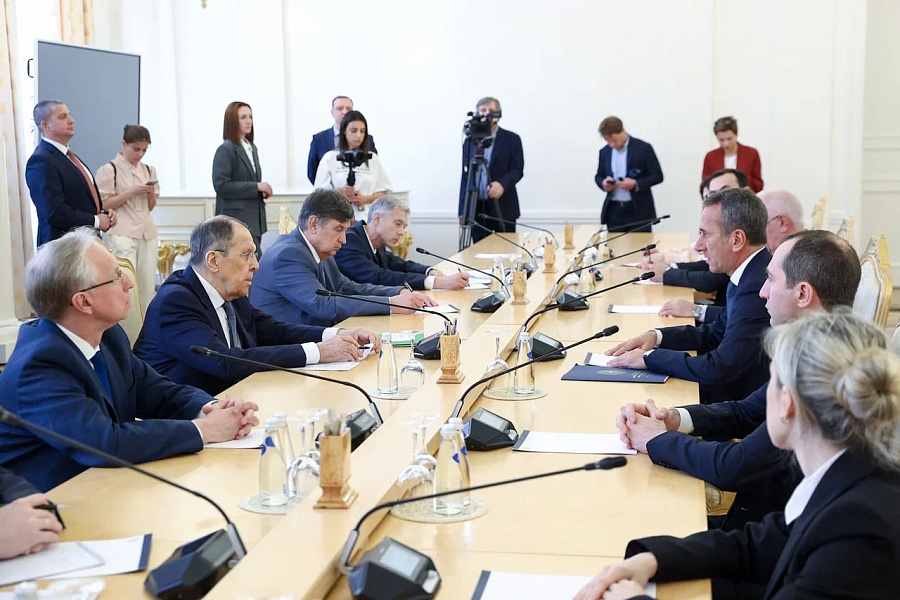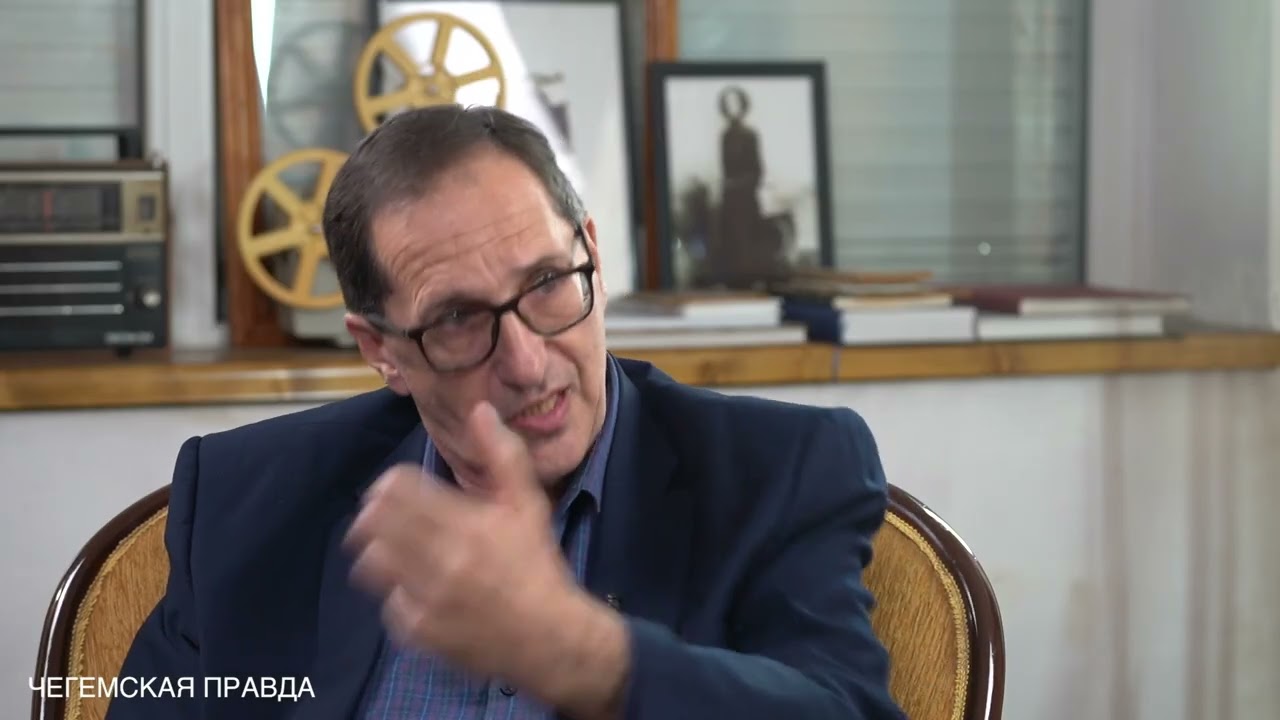Bzhania and the amendments to the Constitution of Abkhazia
President Aslan Bzhania of Abkhazia has drafted amendments to the constitution, including one granting him the power to dissolve parliament, which is unlikely to gain support among deputies.
According to Abkhaz editor Inal Khashig of JAMnews, Bzhania’s initiative seems unnecessary even to the president himself, serving primarily to belatedly fulfill his pre-election promises.
The Abkhaz authorities are attempting another round of constitutional reform.
President Aslan Bzhania‘s administration has submitted amendments to parliament, proposing the following changes:
The first two points were developed by Aslan Bzhania’s constitutional commission two years ago. The main goals of these innovations are to streamline the executive branch and expand the powers of the legislative branch.
I reiterate and emphasize: the idea to abolish the position of prime minister is not new; it emerged in 2022.
Therefore, it should not be seen as a move against the current prime minister Alexander Ankvab, with whom Bzhania’s relations have recently been strained, to say the least.
However, the third point, granting the president the right to dissolve parliament, is solely Aslan Bzhania’s initiative and has no connection to the constitutional commission’s recommendations.
Members of the constitutional commission did discuss the option of parliament dissolution but ultimately rejected it, believing such a measure would only further strengthen the president’s power and create imbalance between the executive and legislative branches. The initial goal was to avoid this scenario.
Even MPs who are generally seen as pro-presidential are not enthusiastic about this idea. Their opinion is crucial, as ultimately they will decide whether to adopt the amendment or not.
A two-thirds majority is required for the reform to proceed, and it’s unlikely that the proposal to dissolve parliament will meet this threshold.
The president likely understands this but intends to persuade deputies nonetheless. He is content with the powers he currently holds.
In my opinion, it all revolves around the presidential elections, which are just nine months away.
In 2020, Aslan Bzhania, who was then still the opposition leader, was seen as a reformer. The main point of his election campaign was a promise to carry out constitutional reform. It was on this platform that he was elected president.
But then he seems to have reconsidered his views and didn’t have much desire to share power with parliament or anyone else, for that matter. In principle, such behavior was typical of his predecessors in the presidential office.
And, by the way, he also expressed a desire to be re-elected for another term.
So, this current attempt at constitutional reform, which is doomed to fail from the start, is needed by Aslan Bzhania to justify himself in the eyes of the electorate. By the time the election campaign begins, he can say that he did everything in his power.


